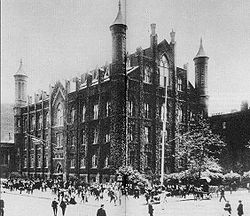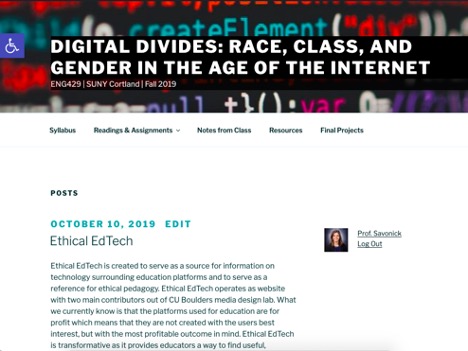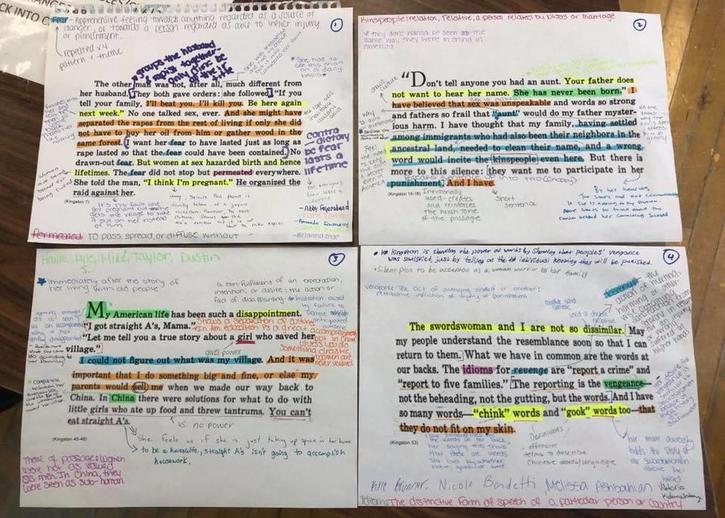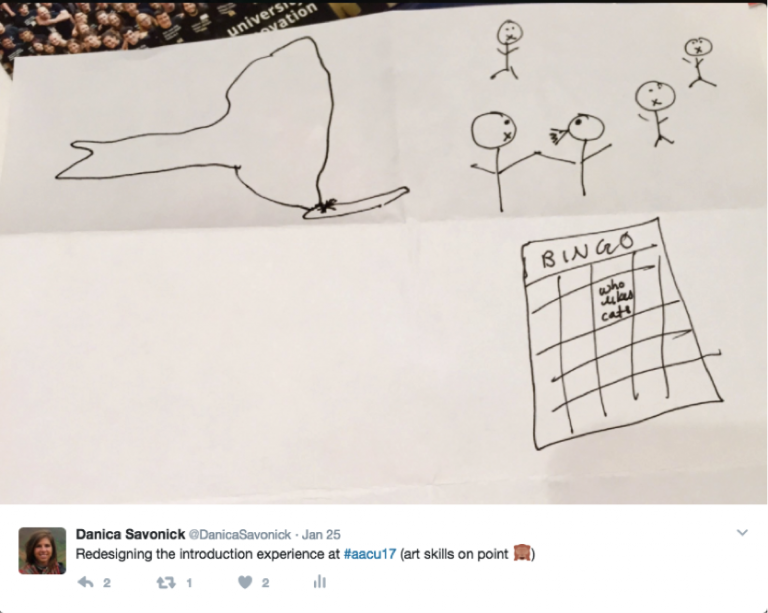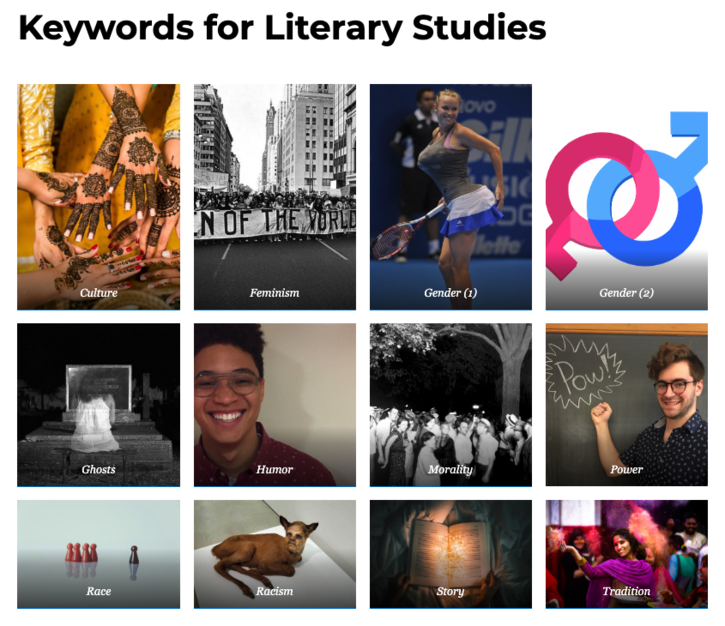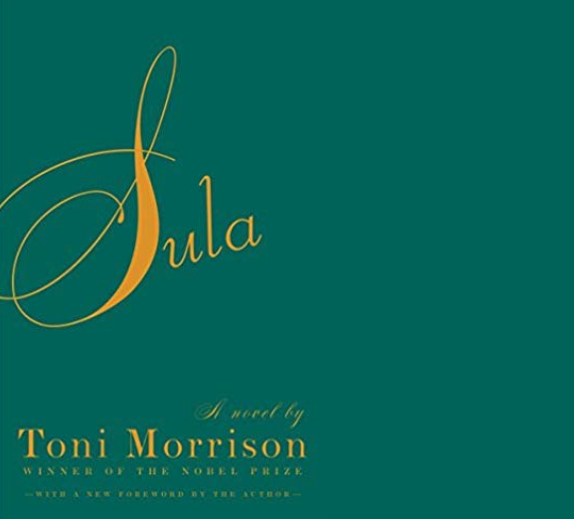Literary Studies in Marginalized Spaces: the City College SEEK Program
In the late 1960s, at the height of the era’s social movements, four of the twentieth century’s most important authors were teaching down the hall from one another at Harlem’s City College. Like the majority of educators today, Toni Cade Bambara, June Jordan, Audre Lorde, and Adrienne Rich were not teaching wealthy or even middle-class students at elite universities with ample resources. Rather, they were teaching working-class students and students of color at a massive, urban, public university. What brought these writers together was not merely fate, but the college’s new policies that expanded access to higher education. What began in the 1960s as a groundbreaking educational opportunity program would expand by 1970 into an open admissions policy that granted every graduate of New York City’s high schools a seat at one of its public colleges, free of tuition. At a time when mainstream media and traditional faculty were accusing these initiatives of killing higher education, these authors understood free college as crucial to the flourishing of marginalized communities. They treated teaching not as an ancillary obligation, but as a creative artform deeply related to their writing. And it was in these public college classrooms—not the ivy-clad towers of Harvard or Yale—that these authors became part of a teaching community that forever altered their lives and the course of literary and educational history.
Read the full post on the Aydelotte Foundation blog.
